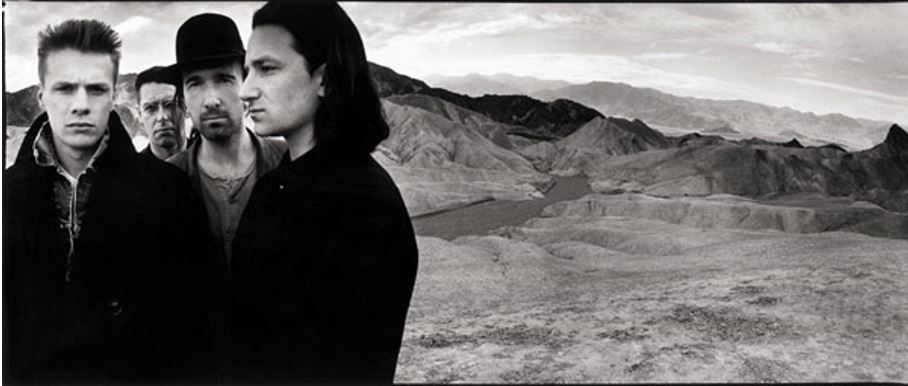 When I was a kid, the release of a new album from U2 or Elvis Costello was one of the biggest moments of the year. I was waiting for the store in our village even before it was open, just to buy it as soon as possible. The moments I had the time and opportunity to listen to it were very valuable. It took me a few weeks to know every song by heart and to discover every detail of the lyrics and the cover design. I invested time and effort to make the album my own. It became a priceless piece of art for me.
Nowadays, I have Spotify which gives me access to any music I want any time I want. What a luxury! I can collect albums with a single click. But I hardly invest time and effort in learning to know them.
Does it make me happier than what I was thirty years ago? No, it doesn’t. But on the contrary, things which are not scarce lose their value:
When I was a kid, the release of a new album from U2 or Elvis Costello was one of the biggest moments of the year. I was waiting for the store in our village even before it was open, just to buy it as soon as possible. The moments I had the time and opportunity to listen to it were very valuable. It took me a few weeks to know every song by heart and to discover every detail of the lyrics and the cover design. I invested time and effort to make the album my own. It became a priceless piece of art for me.
Nowadays, I have Spotify which gives me access to any music I want any time I want. What a luxury! I can collect albums with a single click. But I hardly invest time and effort in learning to know them.
Does it make me happier than what I was thirty years ago? No, it doesn’t. But on the contrary, things which are not scarce lose their value:
- A music album is more valuable when you had to make an effort to get it.
- Spare time is only valuable when you are busy.
- Health is much more appreciated when you are ill.
 In his Vlog, “Hacking Happiness through Brain Machine Interfaces?”, my colleague Thijs Pepping gives an example of a brain/machine interface. A sensor in the brain gives someone the sensation of eating cake. You don’t need physical cake anymore to taste cake. This gives the possibility to enjoy your favorite cake full-time without the negative side-effects for your health. Scarcity is completely gone.
How does that sound to you? You don’t have to make any effort and you get used to the sensation of tasting it. I am sure the taste of cake would lose its value immediately. Solving the scarcity issue has turned something valuable into something completely worthless.
Again, we need scarcity to be happy.
In his Vlog, “Hacking Happiness through Brain Machine Interfaces?”, my colleague Thijs Pepping gives an example of a brain/machine interface. A sensor in the brain gives someone the sensation of eating cake. You don’t need physical cake anymore to taste cake. This gives the possibility to enjoy your favorite cake full-time without the negative side-effects for your health. Scarcity is completely gone.
How does that sound to you? You don’t have to make any effort and you get used to the sensation of tasting it. I am sure the taste of cake would lose its value immediately. Solving the scarcity issue has turned something valuable into something completely worthless.
Again, we need scarcity to be happy.
 In his best seller book Sapiens, Yuvul Noah Harari describes the history of the homo sapiens. One thing keeps going through my mind since I read it: mankind made a lot of progress since the time we were simple hunters and collectors. We became healthier (at least, we live longer), wealthier (we have more stuff) and smarter (we understand more and believe less) but did it make us happier? Together with Harari I am afraid it didn’t, which is a pretty tragic conclusion after 70.000 years of effort.
Human progress resolved a lot of scarcity-issues, thanks to technology. But if that progress did not make us happier, why do we call it progress?
In his best seller book Sapiens, Yuvul Noah Harari describes the history of the homo sapiens. One thing keeps going through my mind since I read it: mankind made a lot of progress since the time we were simple hunters and collectors. We became healthier (at least, we live longer), wealthier (we have more stuff) and smarter (we understand more and believe less) but did it make us happier? Together with Harari I am afraid it didn’t, which is a pretty tragic conclusion after 70.000 years of effort.
Human progress resolved a lot of scarcity-issues, thanks to technology. But if that progress did not make us happier, why do we call it progress?

 English | EN
English | EN 
